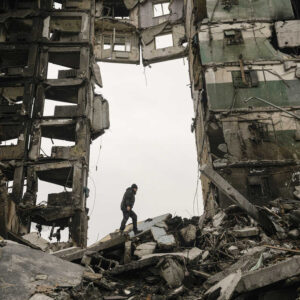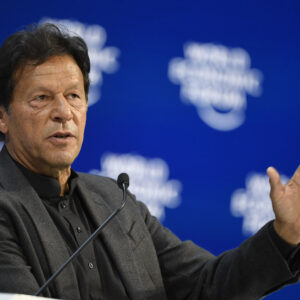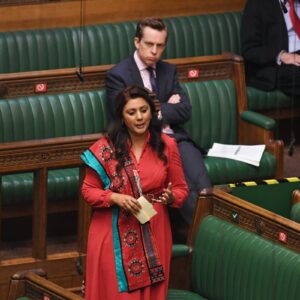The Nationality and Borders Act was passed on the 28th of April 2022. The act introduces a two-tier system that reduces the material support available for refugees who arrive via irregular (non-official) means, punishing them for using routes deemed as unsafe, such as sea routes to countries. Over the last decade asylum seekers unable to...
Is It Time for Turkey to Reclaim Palestine?
Jahangir Mohammed argues new solutions to Palestinian suffering and occupation need to be found. The West has failed for over a hundred years to resolve the Palestine question and now Muslims must find their own solutions. Controversially he suggests that one option might be for Turkey to reclaim its former territory. Is It Time for...
The Global Impacts of the Russian Invasion of Ukraine
Russia invaded Ukraine on 24th February 2022. The two nations have a long and inter-linked history. Their separation after the collapse of the Soviet Union led to the creation of an independent Ukraine. In response to Russia’s aggression against Ukraine, the West led by the US and the EU has declared financial sanctions on the...
Pakistan’s no-confidence vote exposes its weak and corrupt politics
As Pakistan faces elections following an aborted no-confidence vote in Prime Minister Imran Khan, Jahangir Mohammed, Director of the Ayaan Institute, says Pakistan needs politicians who will work in the people’s interests rather than for rich elites and the West. Earlier today Pakistan’s Parliament expected to vote on an opposition party no-confidence motion against Prime Minister Imran...
The Trojan Horse Affair finished what Ray Honeyford started
Jahangir Mohammed, Director the Ayaan Institute, says the answer to the burning question “Who wrote the Trojan Horse letter?” may lie in good old-fashioned Islamophobia and racism. The New York Times Podcast on the Birmingham Trojan Horse affair has given life to a dying story. Hamza Syed and Brian Reed are to be commended for their determination...
Corruption in the Middle East and North Africa
Fatih Kırşanlı of the Ayaan Institute argues that corruption is endemic in the Muslim world and tackling it must become a priority. Corruption is a global phenomenon. It is usually defined as the misuse of public office for private gain. Although there is no consensus on this definition due to cultural norms and values, it...
A cultivated ignorance sits at the heart of the Trojan Horse Affair
A new podcast produced by Serial Productions and co-hosted by Hamza Syed and Brian Reed has shone a light on the sordid Trojan Horse Affair. At the heart of the affair was an anonymous letter that alleged a secret plot, codenamed Operation Trojan Horse, orchestrated by Muslim professionals to take over and ‘Islamise’ Birmingham’s schools....
Hybrid Warfare and Migrant “Diplomacy”, Who Is the Real Victim?
Both Eastern and Western European countries are using desperate refugees as instruments of political warfare, argues Hamza Chaudhry of the Ayaan Institute. Though global attention is currently diverted towards a possible Russian military incursion in Ukraine, the Belarus – EU migrant crisis remains ongoing. An estimated 3000 to 4000 migrants remain in limbo, trapped at...
Refugees And Asylum Seekers In Italy: The Politics Of Fear, Hate, And Death
Francesca Trifirò, research intern at the Ayaan Institute, analyses the link between political parties, the media and the generation of racism/anti Muslim hate. The rise of right-wing populist parties has become a politically influential factor around Europe. Competing factors such as the post-2008 economic recovery, increasing job insecurity, immigration, and political disengagement have generated mass...
Nusrat Ghani MP hoisted by her own petard
Nusrat Ghani MP has alleged that she was sacked as a government transport minister in February 2020 because her Muslimness was making her colleagues uncomfortable. Ghani claims that concerns about the impact of her Muslimness were raised in relation to her perceived lacklustre defence of the Conversative Party against accusations of Islamophobia. In other words,...











